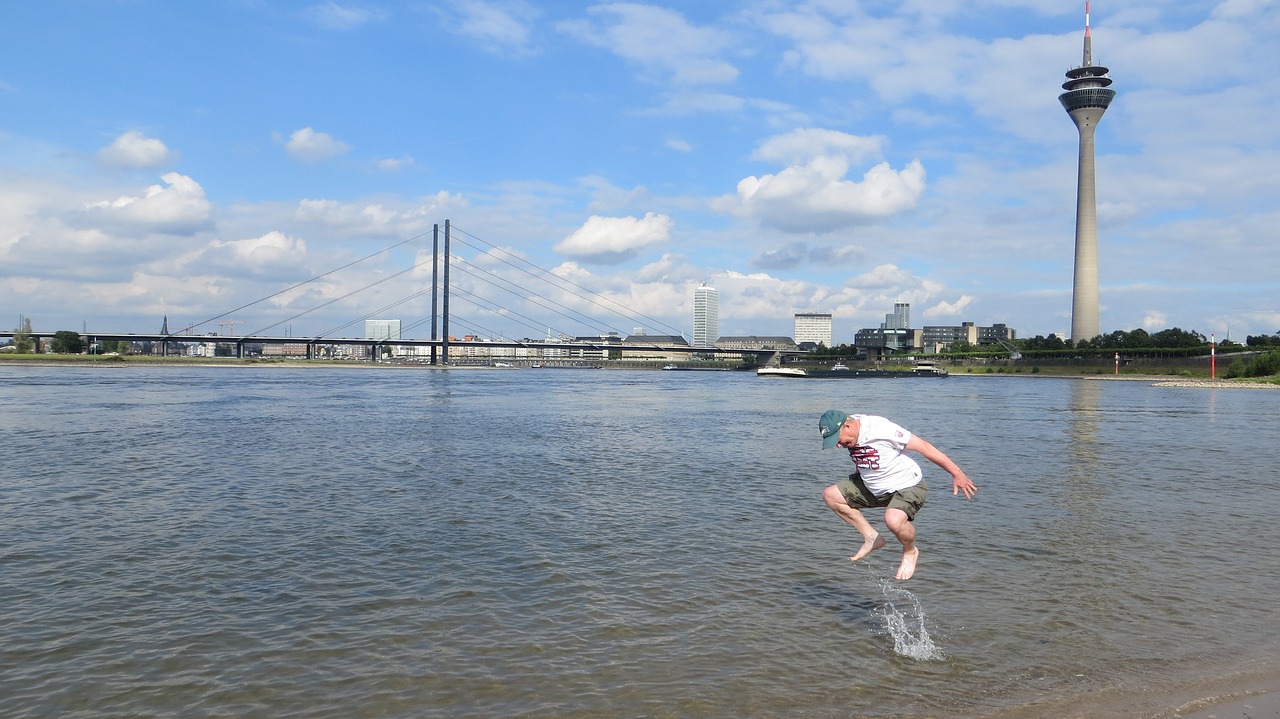The Future of Virtual Reality Tourism: Exploring Destinations from Home
As technology continues to advance, the tourism industry has been quick to embrace the exciting opportunities presented by virtual reality. With the power of immersive experiences, travelers now have the ability to explore destinations from the comfort of their own homes. By donning a VR headset, users can be transported to far-off lands, historical sites, and exotic locales with just a few clicks. This innovative technology offers a new way for people to experience different cultures and destinations in a more interactive and engaging manner.
One of the key advantages of virtual reality technology in tourism is its ability to provide a preview of travel experiences before committing to a trip. This allows potential travelers to get a sense of a destination’s atmosphere, attractions, and amenities, helping them make more informed decisions about their travel plans. Additionally, VR technology can offer accessible travel experiences to individuals with physical limitations or travel restrictions, opening up a world of possibilities for those who may not otherwise have the opportunity to explore the wonders of the world.
Benefits of Virtual Travel Experiences
Virtual travel experiences offer a unique way to explore destinations without physical limitations. Through virtual reality technology, travelers can immerse themselves in different locations, from renowned landmarks to hidden gems, providing a realistic and interactive experience.
Moreover, virtual travel experiences allow individuals to learn about diverse cultures, histories, and traditions from around the world. By virtually “visiting” various destinations, travelers can broaden their perspectives and gain a deeper appreciation for global diversity, all from the comfort of their own homes.
• Virtual travel experiences offer a unique way to explore destinations without physical limitations
• Travelers can immerse themselves in different locations through virtual reality technology
• Allows individuals to learn about diverse cultures, histories, and traditions from around the world
• Broadens perspectives and deepens appreciation for global diversity
• All of this can be done from the comfort of one’s own home
Impact on the Travel Industry
Rapid advancements in virtual reality technology have significantly impacted the travel industry in recent years. With the ability to provide immersive and interactive experiences, virtual reality has revolutionized the way people plan and experience their travels. This innovative technology has enabled travelers to explore destinations from the comfort of their own homes, offering a preview of what to expect before making any reservations or commitments.
Moreover, virtual reality has also transformed the way travel businesses market their services. By creating engaging virtual tours and experiences, companies can now showcase their accommodations, attractions, and destinations in a more compelling and interactive way. This has not only enhanced the overall customer experience but has also helped businesses reach a wider audience and attract more potential customers.
How is virtual reality technology being used in the tourism industry?
Virtual reality technology is being used in the tourism industry to provide immersive virtual travel experiences to customers.
What are some benefits of virtual travel experiences?
Some benefits of virtual travel experiences include cost savings, convenience, and the ability to explore destinations from the comfort of your own home.
How has virtual reality technology impacted the travel industry?
Virtual reality technology has impacted the travel industry by providing a new way for customers to experience destinations, leading to potential changes in the way people plan and book their trips.







